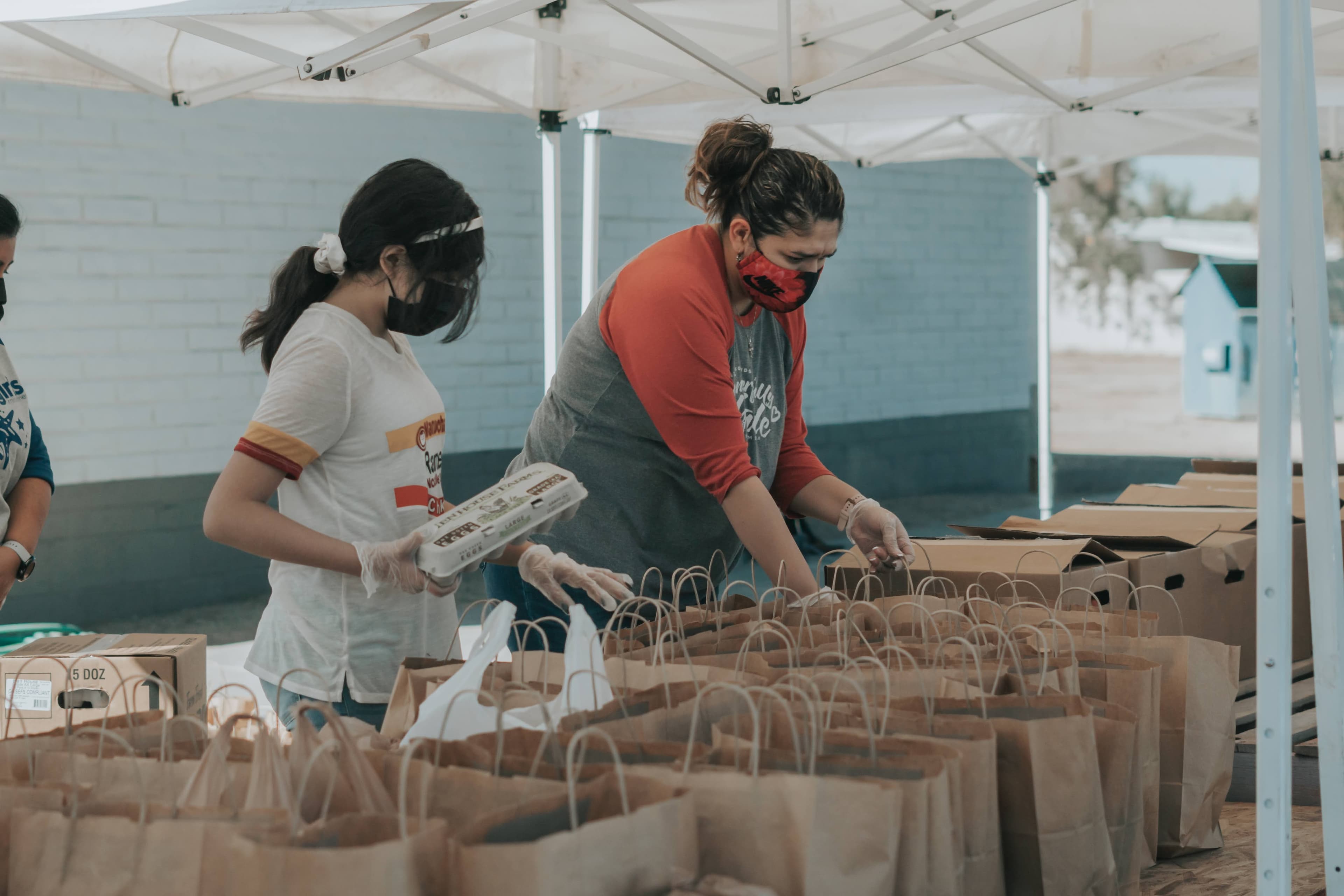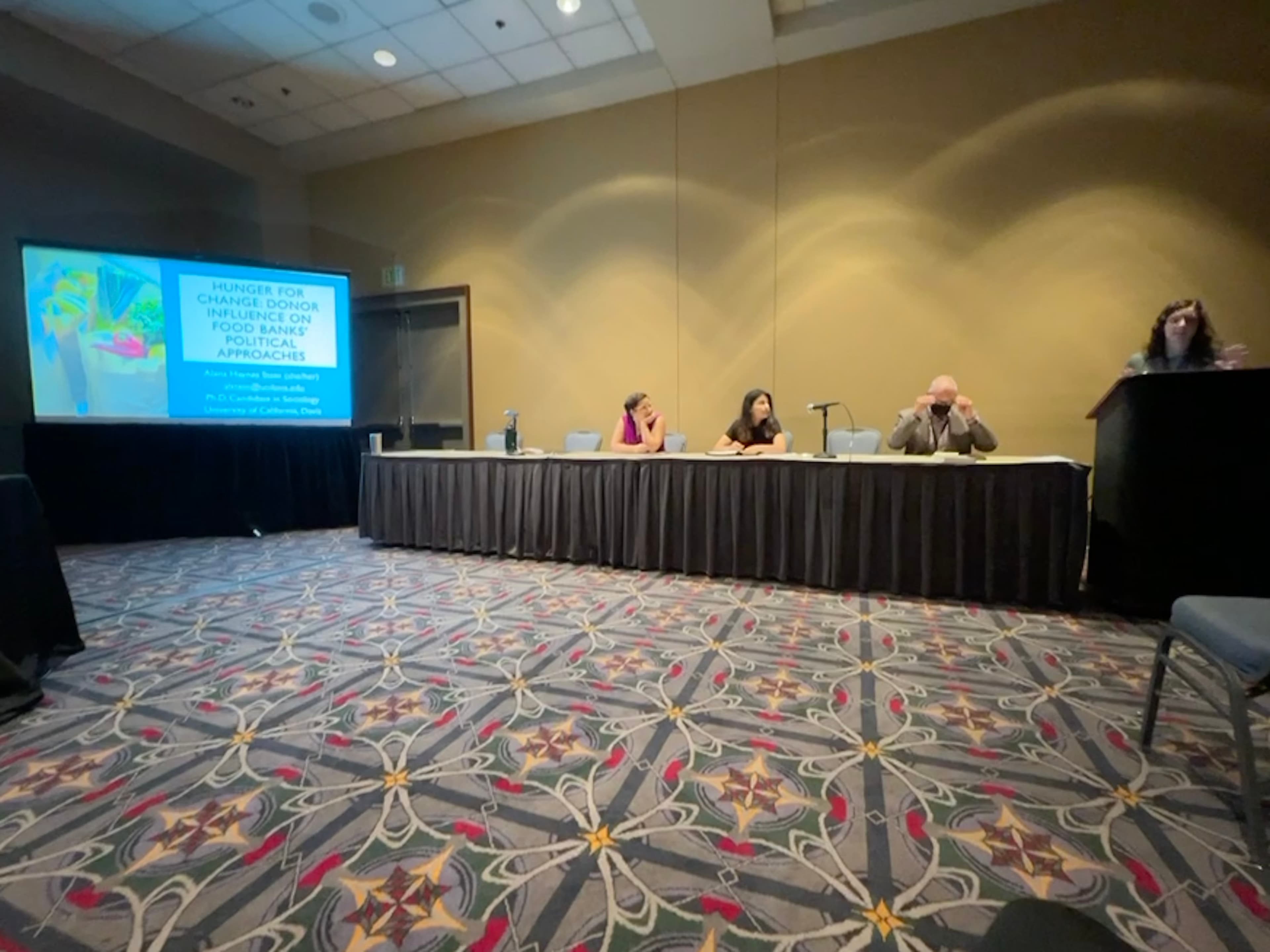Abstract
For decades, food banking has provided a supposedly “apolitical” model for addressing hunger and inequality. However, food banking is political, and the institutionalization of food banks has supported the maintenance of the globalized food system, weak social welfare policies, and the exploitative inequities of capitalism. The COVID-19 pandemic created an inflection point in food banking, which has led many food banks to reevaluate their programs, missions, and strategies. In this working paper, I explore how food bank leaders situate themselves within the current, polarized, political context and explore the narratives that food bank leaders draw upon to legitimize their stances. I draw on 62 in-depth interviews with food banking leaders from across the United States and secondary materials pulled from food bank websites and news articles. I find that food bank leaders describe their organizations as nonpartisan, bipartisan, or taking a political stance. These decisions are influenced by the perceived reactions of donors and policy makers. Food bank leaders draw on the public image of a nonprofit organization and their missions to legitimize their political approaches. These findings have important implications for understanding how the privatization of social services to donor-dependent organizations impacts efforts to reduce inequity. While conservative donors do still exert significant influence on the approaches of food banks, some organizations in this sector are increasingly focusing on efforts to create systemic change.

